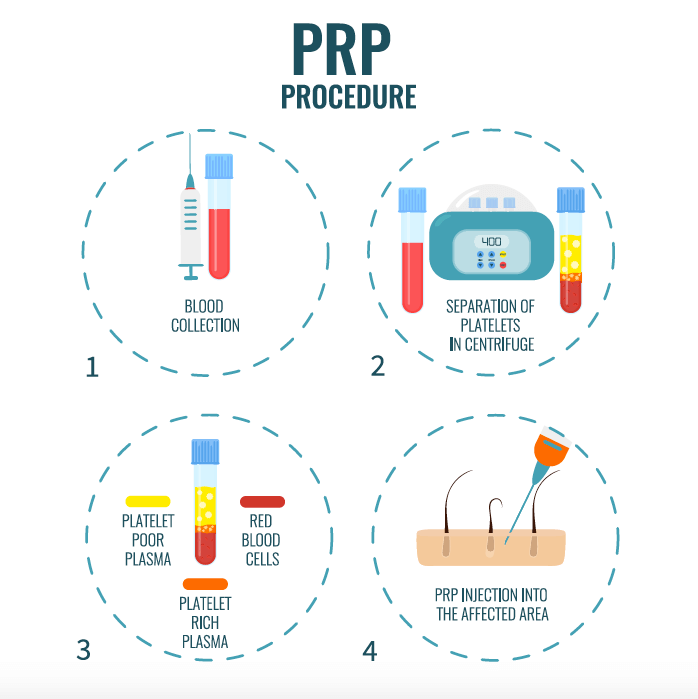Contrasting Prescription And OTC Acne Treatments: Which Is Better?
Contrasting Prescription And OTC Acne Treatments: Which Is Better?
Blog Article
Created By-Jansen Keegan
Did you recognize that virtually 85% of individuals experience acne at some time in their lives? When you're confronted with this typical skin concern, determining between prescription and non-prescription (OTC) therapies can be complicated. Each option has its own set of benefits and drawbacks, which can considerably affect your skin's health. So, how do you figure out which therapy aligns best with your demands? Understanding the crucial differences and what they imply for your special scenario might simply hold the answer.
Key Distinctions In Between Therapies
When it comes to acne treatments, understanding the key differences can make a significant effect on your skin's health.
You'll discover two primary groups: over the counter (OTC) and prescription therapies. OTC choices, such as benzoyl peroxide and salicylic acid, are conveniently offered and tend to be less intensive. They typically work by unclogging pores and decreasing swelling, making them appropriate for light to moderate acne.
On the other hand, prescription treatments typically include stronger active components, like retinoids or antibiotics, and are tailored for more severe cases. These therapies commonly call for a skin specialist's guidance, enabling them to target particular skin worries effectively.
The stamina and formula of prescription alternatives can cause quicker outcomes but might additionally include a higher threat of side effects.
You need to also consider your skin type and any type of level of sensitivities when picking a therapy. As an example, if you have delicate skin, OTC therapies may be a gentler starting factor.
Eventually, understanding these differences assists you make informed options concerning your acne therapy journey and leads you towards more clear skin.
Pros and Cons of Prescription Options
Prescription options for acne treatment come with both benefits and downsides that you should consider thoroughly.
One significant pro is their strength. https://mininecklift33322.fare-blog.com/32319815/acne-treatment-advancements-what-s-new-in-the-battle-against-breakouts consist of higher concentrations of active ingredients, which can cause faster and much more reliable results contrasted to over the counter (OTC) items. You may additionally find that prescriptions are customized to your particular skin type and acne seriousness, offering a more personalized method.
On the other side, these therapies can come with significant downsides. For one, they may have side effects varying from mild irritability to much more significant problems, which you need to keep an eye on closely.
Furthermore, prescription treatments can be extra costly, specifically if your insurance doesn't cover them. You might also face obstacles in obtaining a prescription, as it calls for a check out to a healthcare provider, which can be lengthy and inconvenient.
Advantages of OTC Therapies
OTC therapies commonly supply a convenient and accessible option for managing acne. https://www.openpr.com/news/2424697/cosmetic-surgery-market-size-outlook-latest-trend-share can quickly discover these items in drug stores, food store, or online, making them readily available over the counter. This access means you can begin your acne therapy whenever you require to, without awaiting a doctor's consultation.
One more significant benefit of OTC therapies is their cost. Numerous over-the-counter choices are affordable, allowing you to check out numerous formulations without breaking the bank. You can attempt different products to see what works best for your skin kind.
OTC therapies also are available in a selection of formulations, including gels, creams, and cleans. This selection allows you to choose a product that fits your way of living and choices. Many contain energetic components like benzoyl peroxide or salicylic acid, which are effective in treating acne.
Finally, you have the liberty to adjust your regimen based on your skin's feedback. If one item isn't working, you can conveniently switch to one more without a prolonged examination procedure. This versatility encourages you to take control of your acne administration trip.
Final thought
In the end, choosing in between prescription and OTC acne therapies truly comes down to your one-of-a-kind skin requirements and situations. While prescriptions might seem like the golden ticket for swift results, OTC options use a more available path, allowing you take control of your skincare journey. Embrace the adaptability of OTC products or think about the customized approach of prescriptions-- in any case, you're taking a favorable step in the direction of clearer skin and boosting your self-confidence in the process.
